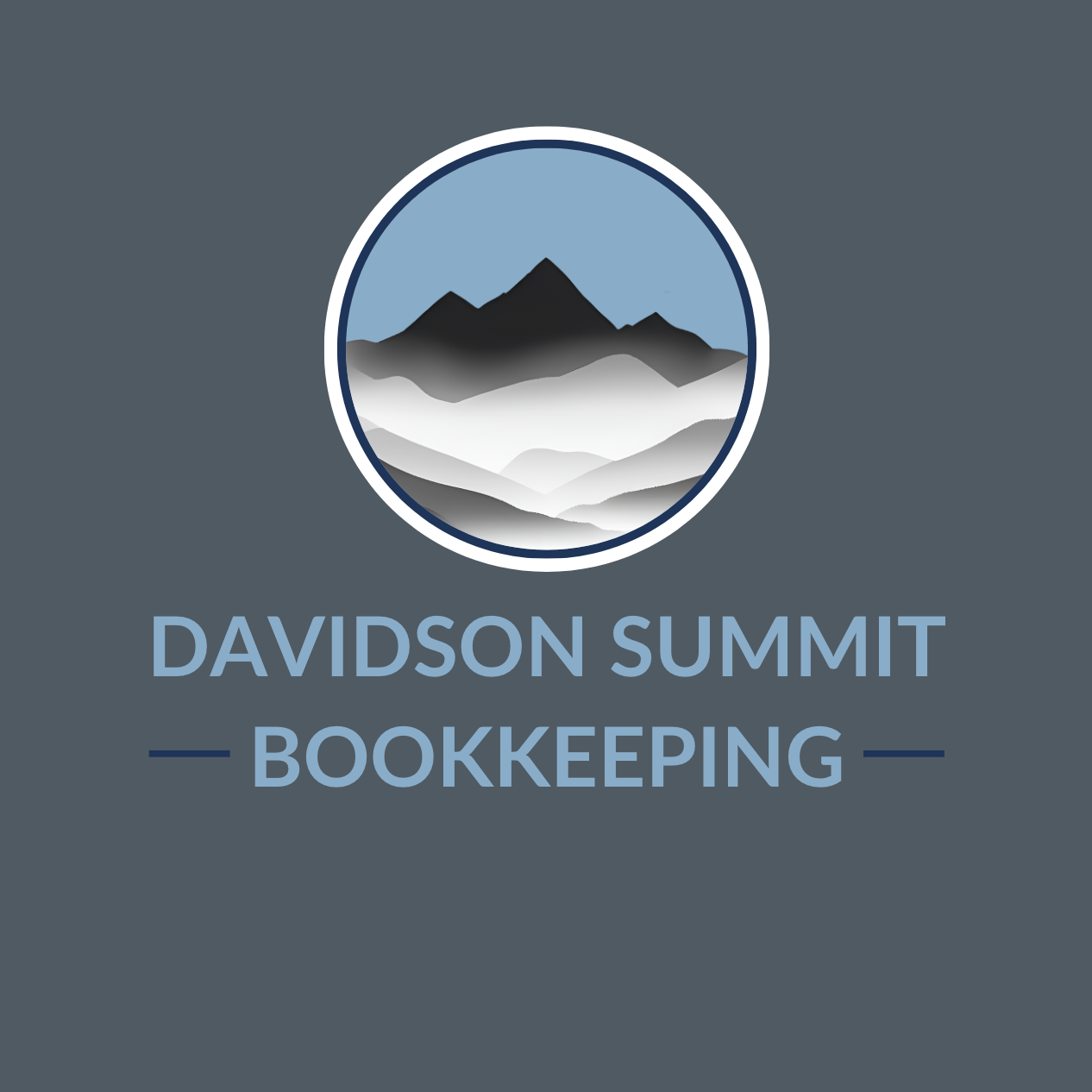How Proper Bookkeeping Helps Small Businesses Keep More Profit
Running a small business isn’t just about making sales—it’s about keeping more of what you earn. Too often, small business owners focus on revenue growth but overlook the financial leaks happening behind the scenes. That’s where bookkeeping comes in.
Proper bookkeeping isn’t just about organizing receipts or balancing the books—it’s a strategic tool that directly impacts your profit. When done right, bookkeeping gives you a clear financial picture, helps you cut unnecessary expenses, and positions your business for long-term growth.
In this post, we’ll break down exactly how bookkeeping helps small businesses maximize profit and why having reliable systems (or support) in place can be one of the smartest investments you make.
1. Bookkeeping Shows You Where Your Money Is Really Going
It’s easy to underestimate how much those “small” business expenses add up. Subscriptions you don’t use, recurring charges you’ve forgotten about, or supplies you’re over-purchasing can quietly eat away at your bottom line.
With proper bookkeeping:
Every dollar spent is tracked.
You can quickly spot wasteful spending.
You’ll know which expenses are investments—and which are just drains.
Example: A client once realized they were paying $200 a month for a software subscription they hadn’t used in almost a year. By catching that through consistent bookkeeping, they saved $2,400 annually—money that went straight back into their profit.
2. Bookkeeping Helps You Price for Profit
One of the most common challenges small business owners face is pricing. Many entrepreneurs set prices based on what feels “reasonable” or what competitors are charging—without factoring in their true costs.
When you have accurate bookkeeping records, you can:
Calculate your actual cost per product or service.
Identify your profit margin (and see if it’s sustainable).
Adjust pricing to ensure you’re covering costs and hitting profit goals.
Pro tip: If you sell on platforms like Etsy or run a product-based business, bookkeeping can highlight hidden costs (like shipping fees, packaging, or platform transaction fees) that eat into your margins. Once you see the true numbers, you can make smarter pricing decisions.
3. Bookkeeping Keeps You Tax-Ready (and Saves You Money)
Taxes can be one of the biggest profit-killers for small businesses. But here’s the truth: many business owners overpay in taxes simply because their books aren’t accurate or up to date.
Proper bookkeeping ensures:
You don’t miss out on deductible expenses.
You avoid costly penalties from late or inaccurate filings.
You can plan ahead for tax season instead of scrambling.
Think of it this way: Every deductible expense you track is money that stays in your pocket rather than going to the IRS. If you’re not keeping up with your books, you’re likely leaving money on the table.
4. Bookkeeping Helps You Forecast Cash Flow
Profit isn’t just about how much money you make—it’s about how well you manage it. Cash flow is one of the top reasons small businesses fail. Without a clear view of money coming in and out, you risk overspending, underinvesting, or running out of cash at the worst possible time.
With consistent bookkeeping, you can:
Predict slow months and plan for them.
Identify trends in your sales and expenses.
Build a cash cushion to keep operations running smoothly.
Having reliable numbers in front of you allows you to make confident decisions—whether that’s hiring help, investing in marketing, or saving for growth opportunities.
5. Bookkeeping Creates Financial Clarity (So You Can Focus on Growth)
As a business owner, your time and energy should be spent on building your business—not stressing over where the money went. When your books are in order, you’ll:
Know exactly how much profit you’re making.
Feel confident making business decisions.
Be able to set realistic goals (and hit them).
Clarity = confidence. And confidence leads to smarter moves that ultimately keep more profit in your pocket.
6. DIY vs. Professional Bookkeeping: Which Is Best for You?
While many small business owners start out doing their own bookkeeping, there comes a point where outsourcing makes more sense.
DIY bookkeeping may be right if:
Your business is very new with minimal transactions.
You enjoy spreadsheets and have the time to keep up.
You’re comfortable handling software and tracking expenses.
Professional bookkeeping is worth it if:
Your business is growing and transactions are harder to manage.
You want peace of mind knowing everything is accurate.
You’d rather spend your time focusing on growth, not spreadsheets.
Think of bookkeeping support as an investment, not a cost. A skilled bookkeeper can often save you more money (in missed deductions, avoided mistakes, and time freed up to earn) than their fee costs.
7. The Bottom Line: Bookkeeping = More Profit
At the end of the day, bookkeeping isn’t just about staying organized—it’s about keeping more of your hard-earned money. When you know exactly what’s coming in and going out, you can make smarter financial decisions, avoid costly mistakes, and set your business up for long-term success.
If you’re serious about growing your small business profitably, bookkeeping is non-negotiable.
👉 Ready to keep more profit in your small business? Let’s make it happen.
At Davidson Summit Bookkeeping, we specialize in helping small businesses just like yours clean up their books, stay tax-ready, and increase profit margins with confidence.
✨ Explore Our Services or Book a Free Consultation today.
